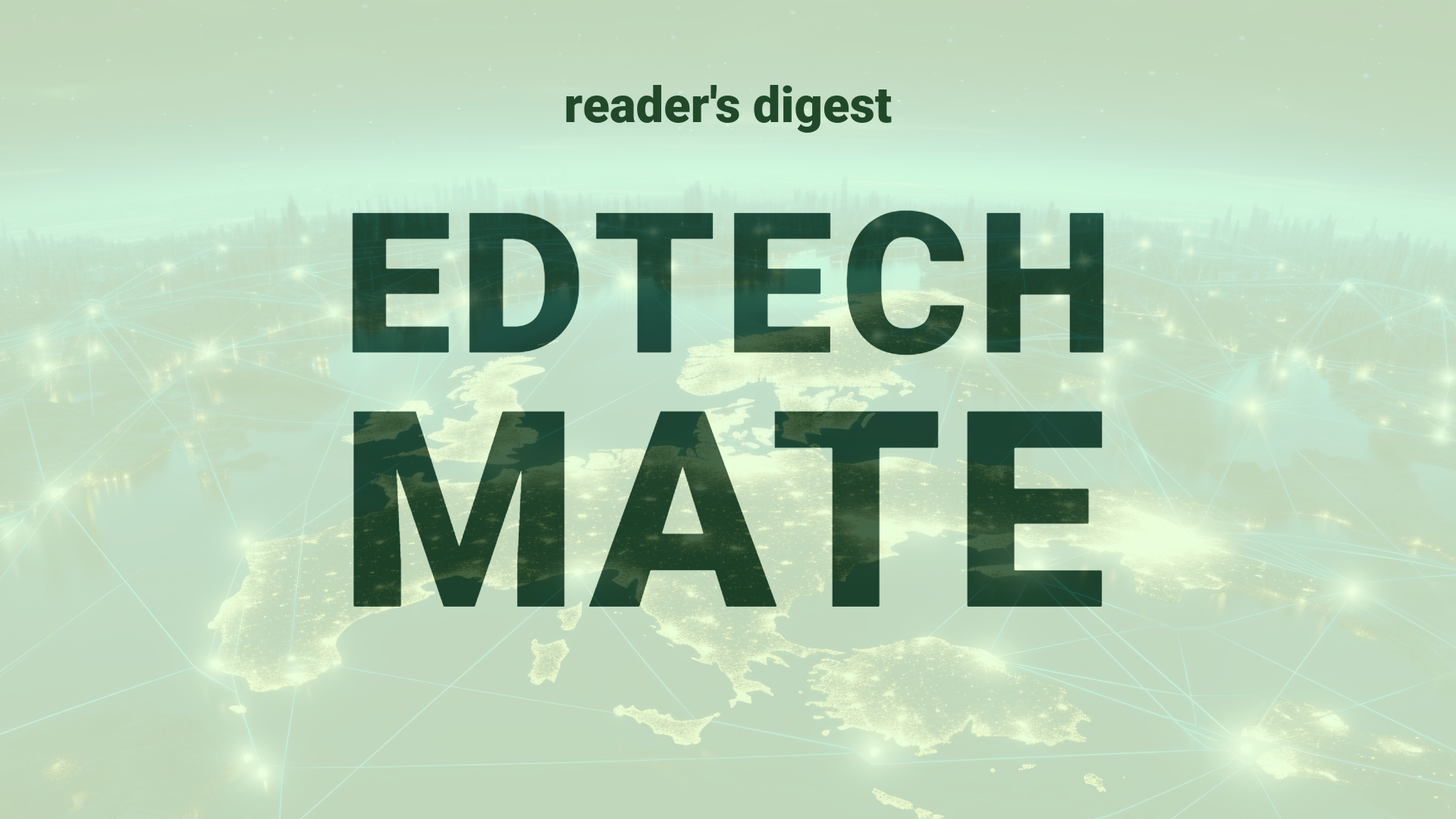Executive Summary and Main Points
Microsoft Education’s continuous efforts to enhance digital learning environments have now produced a novel integration feature for Learning Management Systems (LMS): Teams Assignments. This tool provides a seamless blend of Microsoft’s digital suite with popular LMS platforms, powered by the Learning Tools Interoperability® (LTI®) v1.3 Advantage standard. With this integration, educators can leverage AI in assignment creation and utilize special tools like Reading Progress and Microsoft Forms quizzes. The integration offers a streamlined experience, automatically synchronizing grades from Teams Assignments back into the LMS gradebook.
Potential Impact in the Education Sector
The new Teams Assignments integration with LMS platforms is poised to significantly enhance Further Education and Higher Education by paving the way for more efficient assignment management and providing educators and students with advanced tools for learning and assessment, thus enriching the educational experience. This evolution in the educational technology space underscores the importance of strategic partnerships in advancing digitalization. In the realm of Micro-credentials, such integrations can support custom learning experiences and facilitate the issuance of credentials linked to specific learned skills and competencies.
Potential Applicability in the Education Sector
The AI-driven functionalities of Teams Assignments suggest a broad applicability within global education systems, offering innovative applications such as AI-assisted drafting of assignments, diversification of assignment types, and progress tracking tools for students. Digital tools and AI interplay could be central to providing students with personalized learning pathways, predictive analytics for student performance, and enhanced engagement through interactive educational content. These innovations could also support educators in designing curriculum and assessments that reflect real-time learning outcomes.
Criticism and Potential Shortfalls
While the integration of Microsoft Education tools with LMSs appears promising, it is essential to consider potential limitations and criticisms. Varying levels of digital literacy among educators and students could pose adoption challenges. Furthermore, privacy and data security concerns, as well as algorithmic biases within AI functionalities, warrant critical examination. Comparative case studies from international education systems may illuminate discrepancies in access and efficacy of such digital transformations, revealing a digital divide. The cultural and ethical implications of AI in education must be addressed, ensuring inclusivity and equity.
Actionable Recommendations
As educational leaders navigate the digital transformation within their institutions, they are advised to consider several strategic actions. Providing training and professional development opportunities can facilitate the adoption of new technologies amongst educators. It is recommended to implement pilot programs to test the efficacy of these tools in diverse learning environments, and to collaborate closely with technology partners to ensure alignment with educational goals. Moreover, establishing clear guidelines on data usage and privacy will be critical to maintaining trust within the education community. In pursuing these technologies, embracing a culturally responsive approach will ensure that the technology serves to broaden inclusivity and access to quality education.
Source article: https://techcommunity.microsoft.com/t5/education-blog/unlock-the-power-of-microsoft-education-in-your-learning/ba-p/4171129

